To help Aboriginal and Torres Strait Islander corporations understand what Data Sovereignty means and why it matters...
Cultural Data Management: preserving and sharing Martu Knowledge

Kanyirninpa Jukurrpa (KJ) is committed to safeguarding the authority and control for Martu people over their rich cultural heritage; as well as ensuring their accessibility for current and future generations. Through the Pukunyju-laju Kanyirni program (We are Keeping it Safe- Cultural Data Management), KJ carefully manages a wealth of cultural records, including oral histories, genealogies, photographs, and films6 Kanyirninpa Jukurrpa (KJ), “Annual Report 2023-2024”, 18. [link]..
These records span both historical and contemporary contexts, capturing the ongoing activities of KJ teams in the field. One key initiative, the Julyjujanu Wangkakaja (Stories from the Past: Oral History Collection) captures the rich cultural knowledge held by Martu Elders and other knowledge holders. These recordings encompass Martu genealogies, Country ownership, language and bush foods.7 Kanyirninpa Jukurrpa (KJ), “Annual Report 2023-2024”, 17, [link]. An important component of the program involves young people recording stories with guidance and support of the Elders. Elders provide explicit instructions over who can access the stories, and in some cases what activities are permissible on certain areas of Country, ensuring this knowledge is preserved for future generations.8 Zan King, Executive Director External Affairs, interviewed by Ana Maria Parada and Tahu Stanley, Australian Indigenous Governance Institute, online, October 16, 2024. This intergenerational approach fosters pride and confidence in the youth while maintaining and sharing cultural knowledge and obligations.
Martu can access these records through the Community Access Library (CAL) with computers located in each Martu community, as well as Newman, Port Hedland, Bidyadanga and Roebourne regional prison.9 Zan King, Executive Director External Affairs, interviewed by Ana Maria Parada and Tahu Stanley, Australian Indigenous Governance Institute, online, October 16, 2024. Martu can also request copies of materials anytime from the cultural data team. Maintaining full access and ownership of their cultural materials is important for Martu. KJ ensures that decisions regarding the collection, storage and access of these materials are made with Martu guidance. When external parties request access to data, the decision is reviewed in consultation with the family whose information is involved and the KJ Board.
KJ is also undertaking the digital repatriation of significant historical Martu collections. The Cultural Data Management team has engaged in partnerships with institutions such as the State Library of Western Australia to access valuable collections. Over the years the organisation has supported Martu to visit various institutions such as the Australian Institute of Aboriginal and Torres Strait Islander Studies (AIATSIS), the National Film and Sound Archive (NFSA), and the WA Museum where they have accessed the archives and connected back to their data held off Country.10 Kanyirninpa Jukurrpa (KJ), “Annual Report 2023-2024,20” [link].

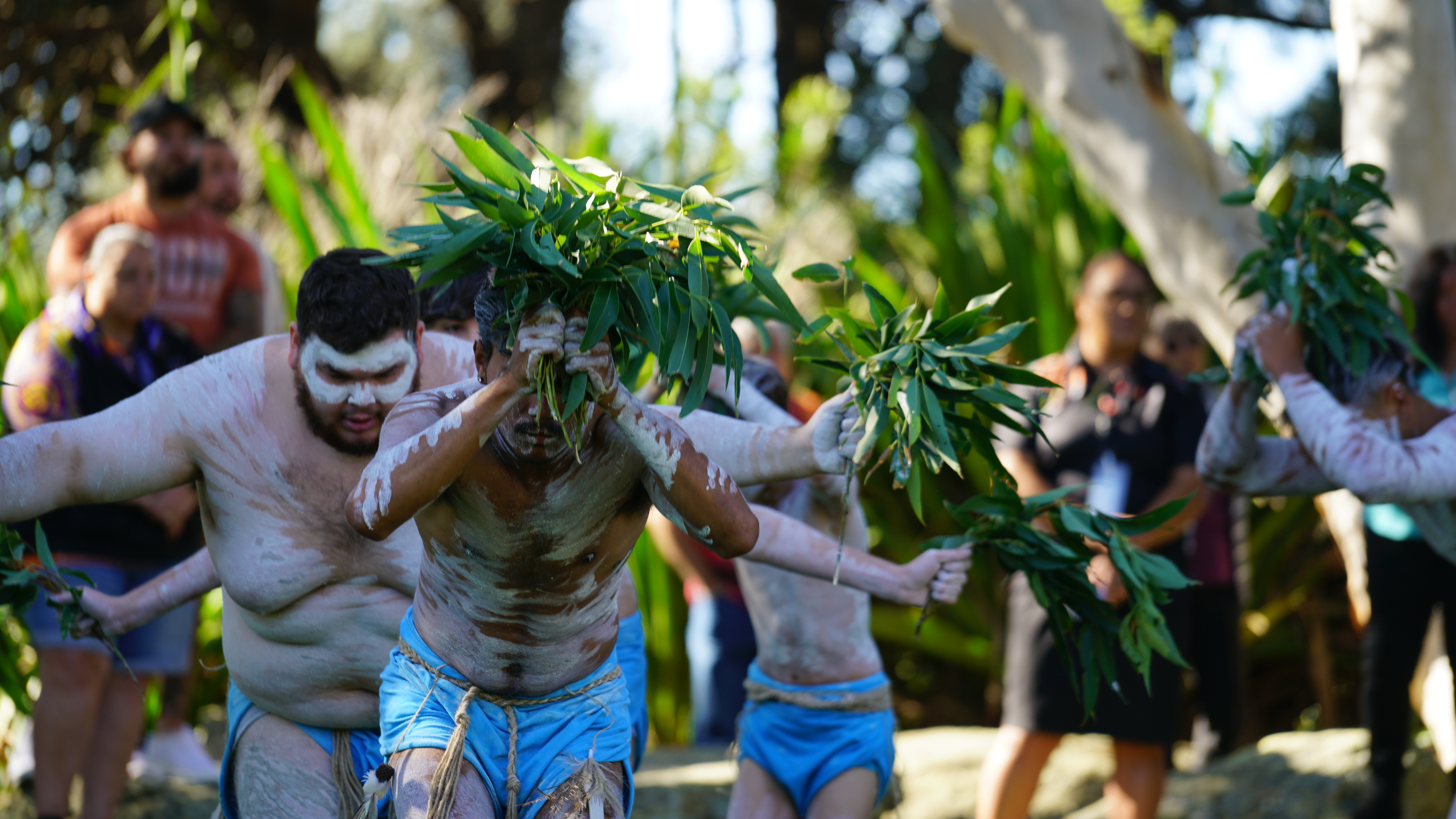
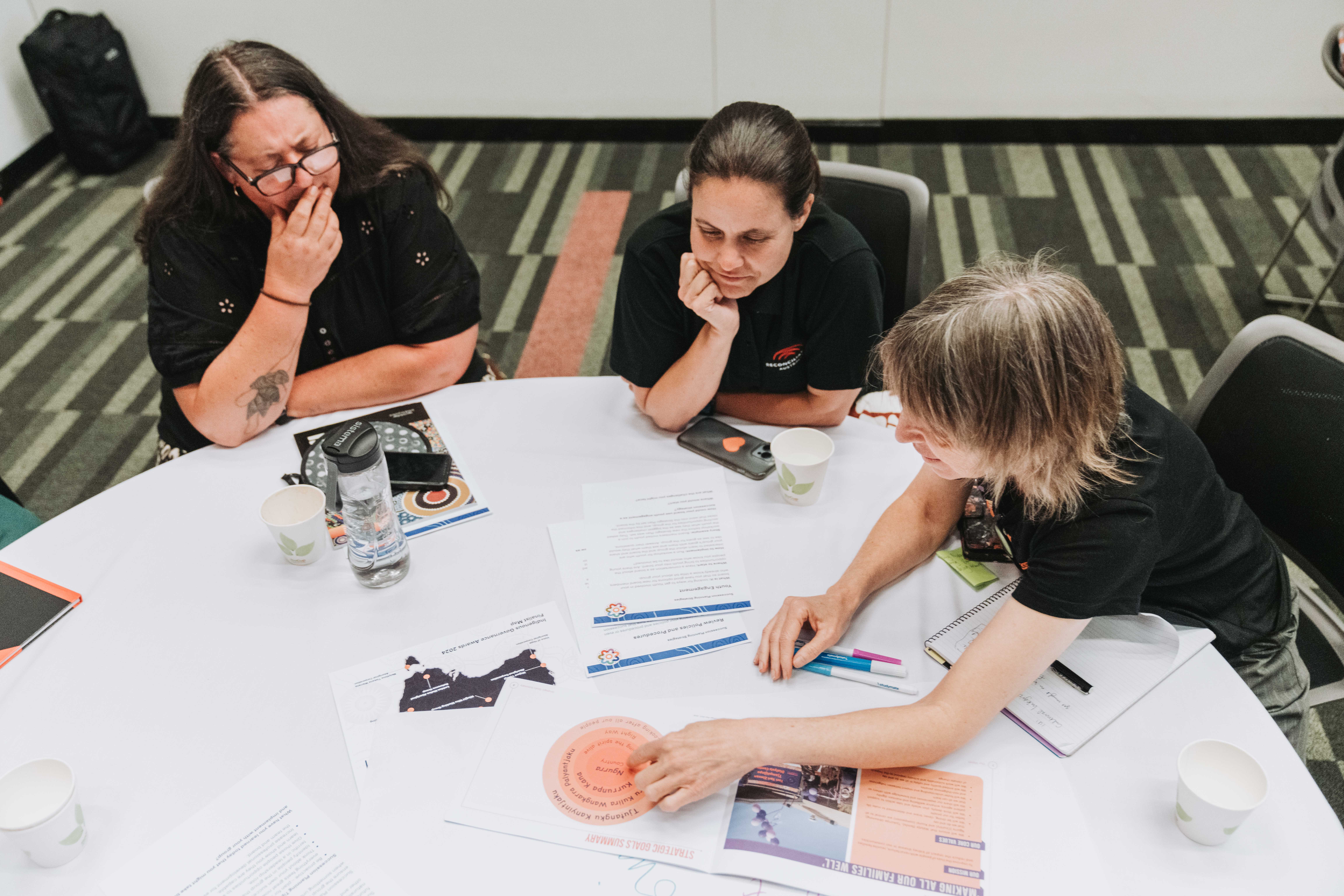
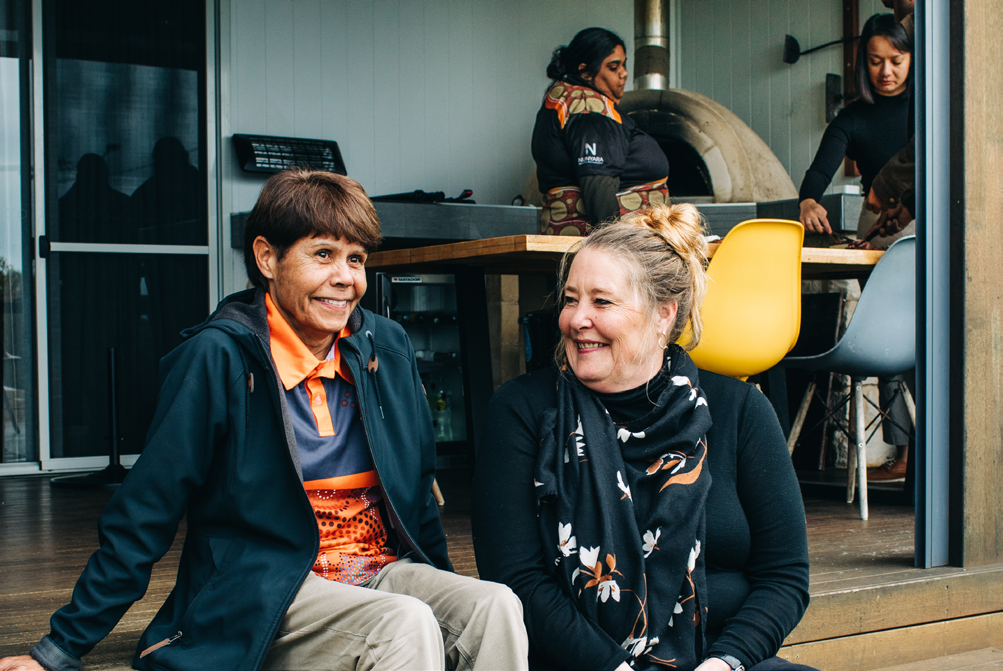

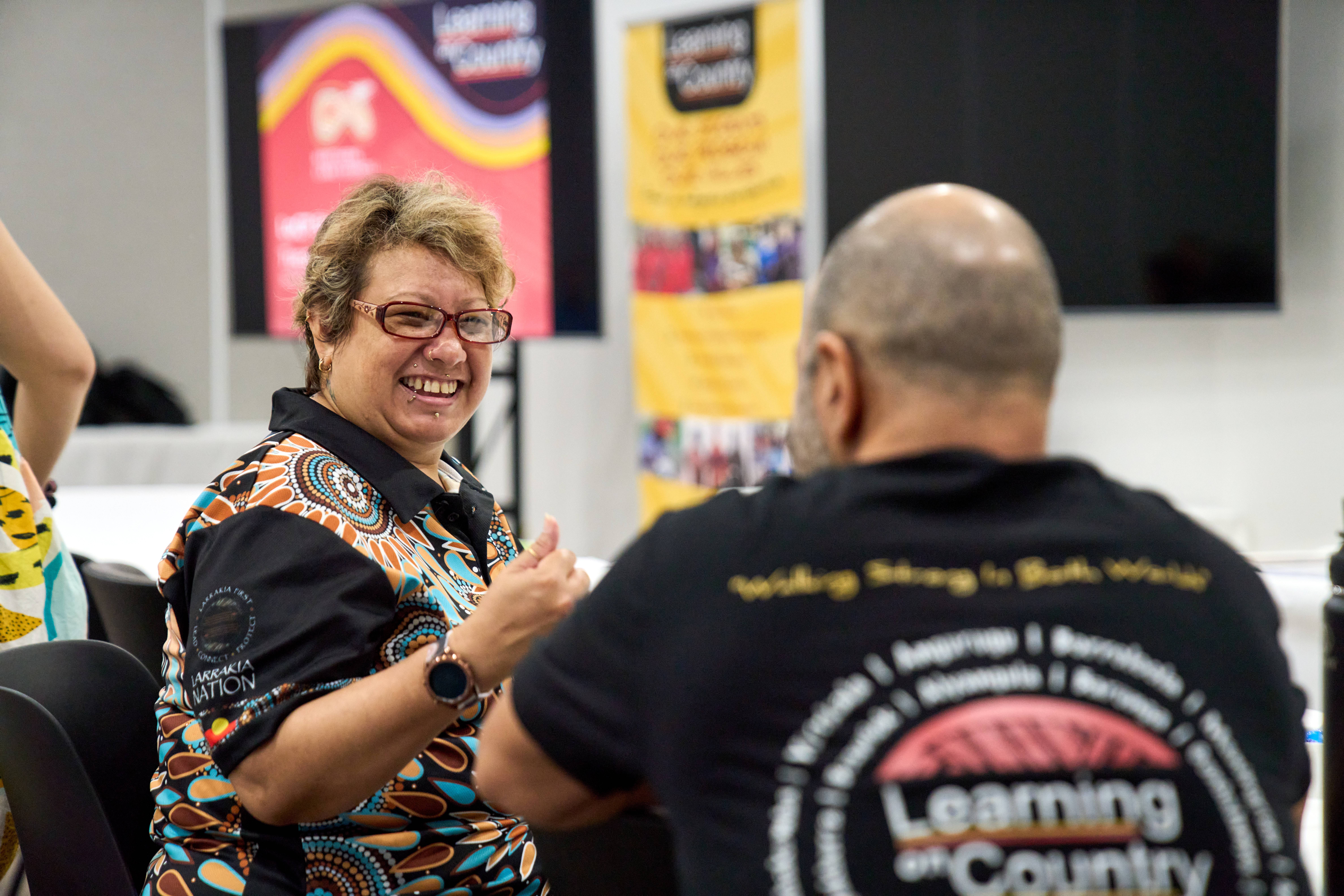
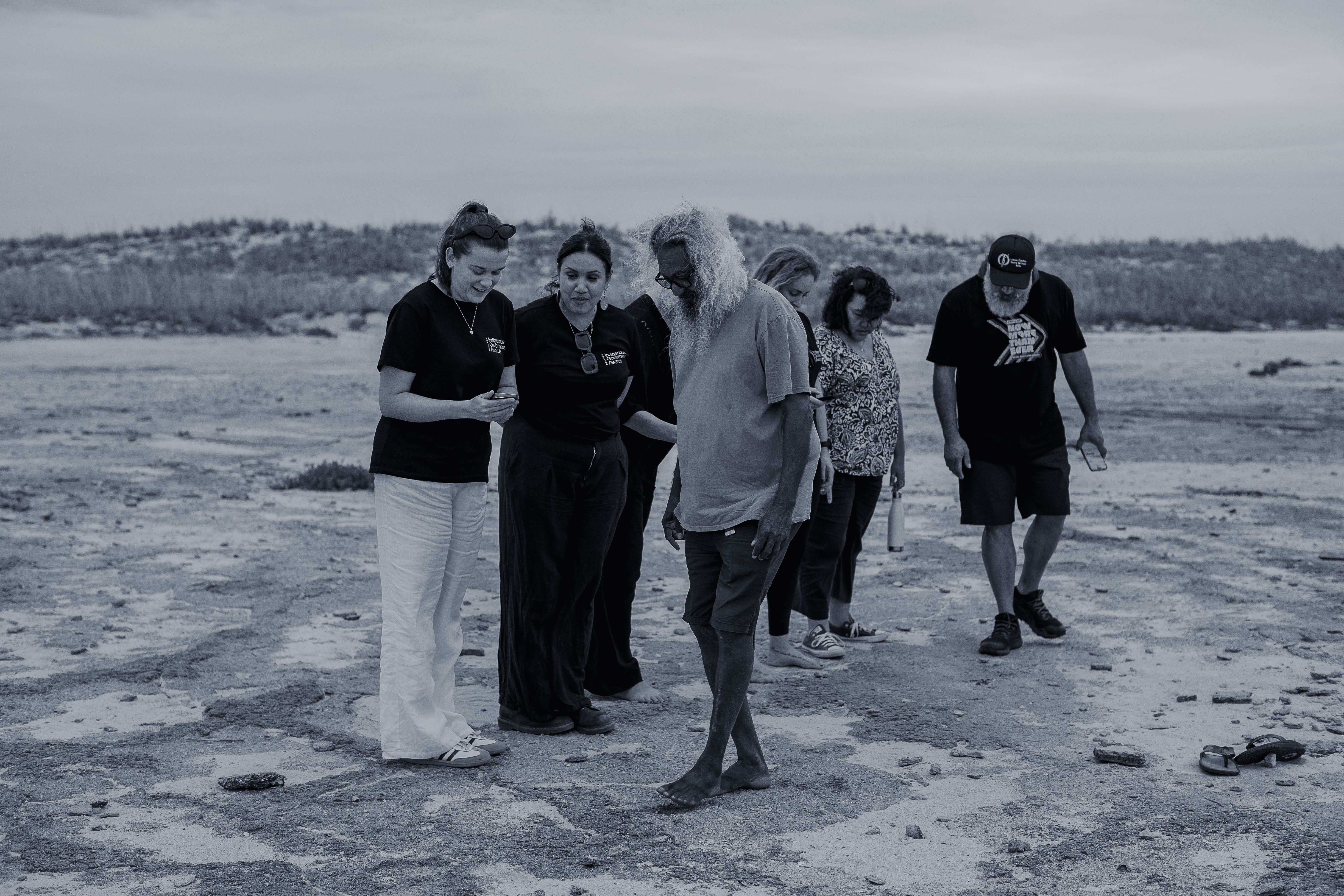
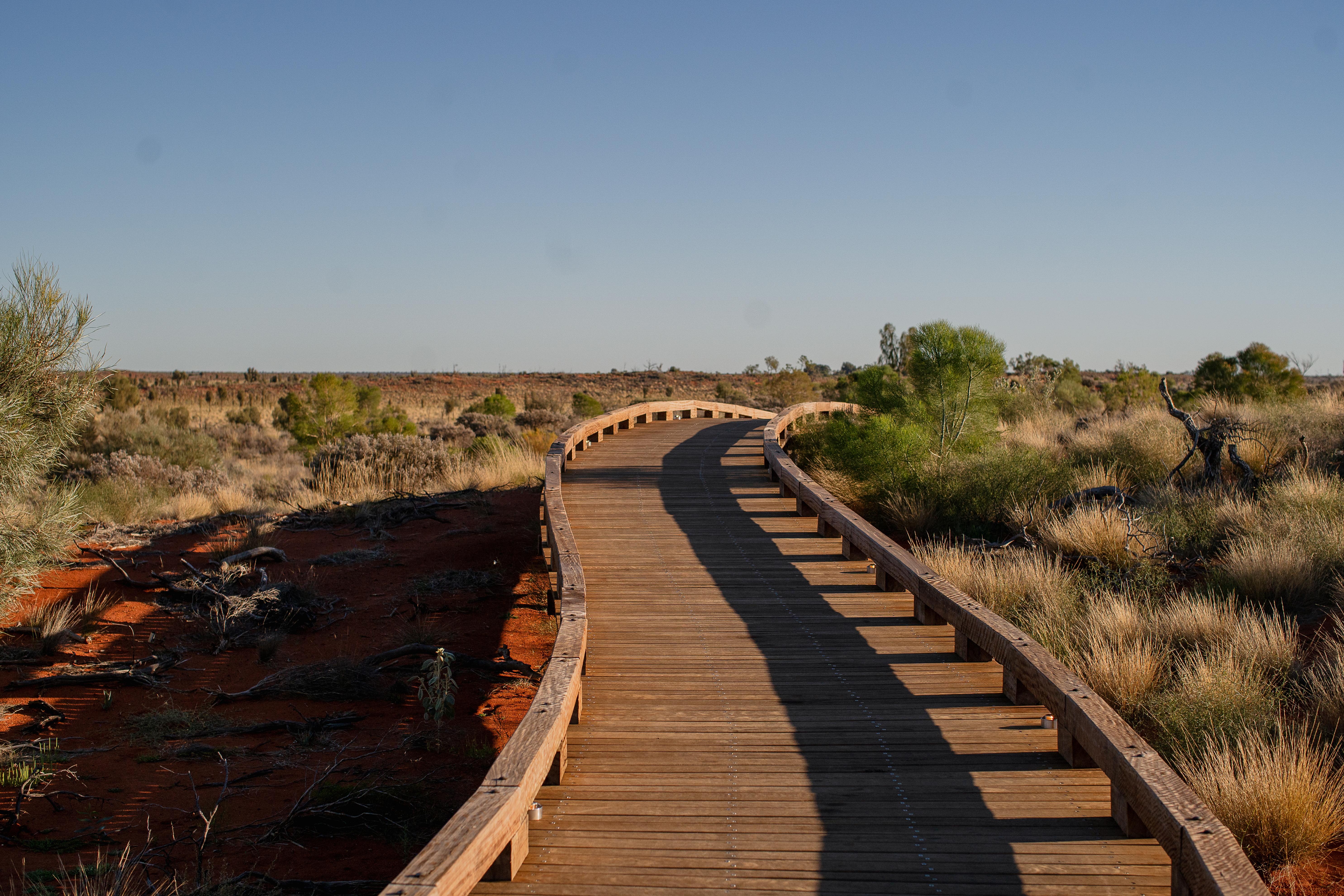
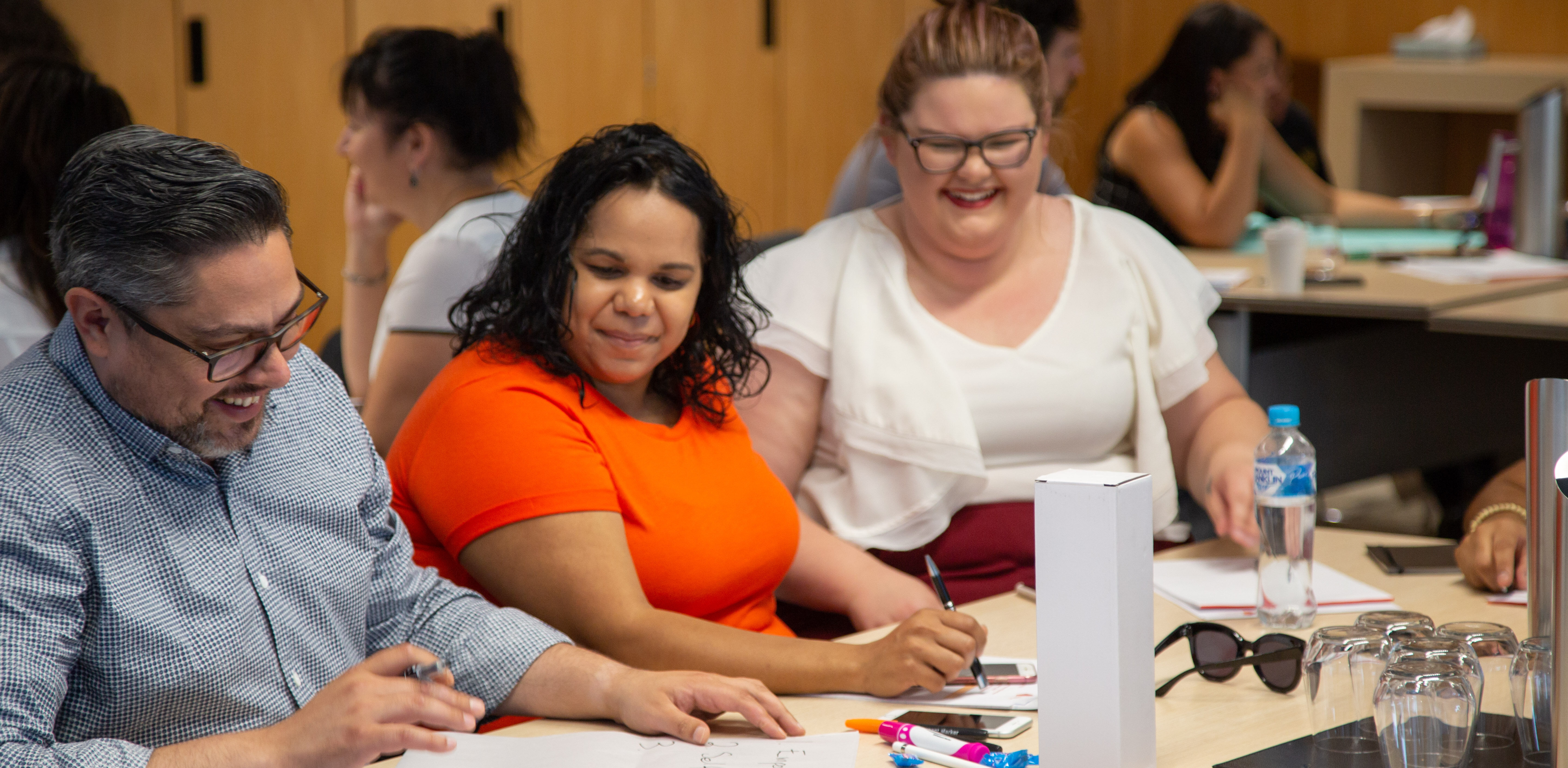
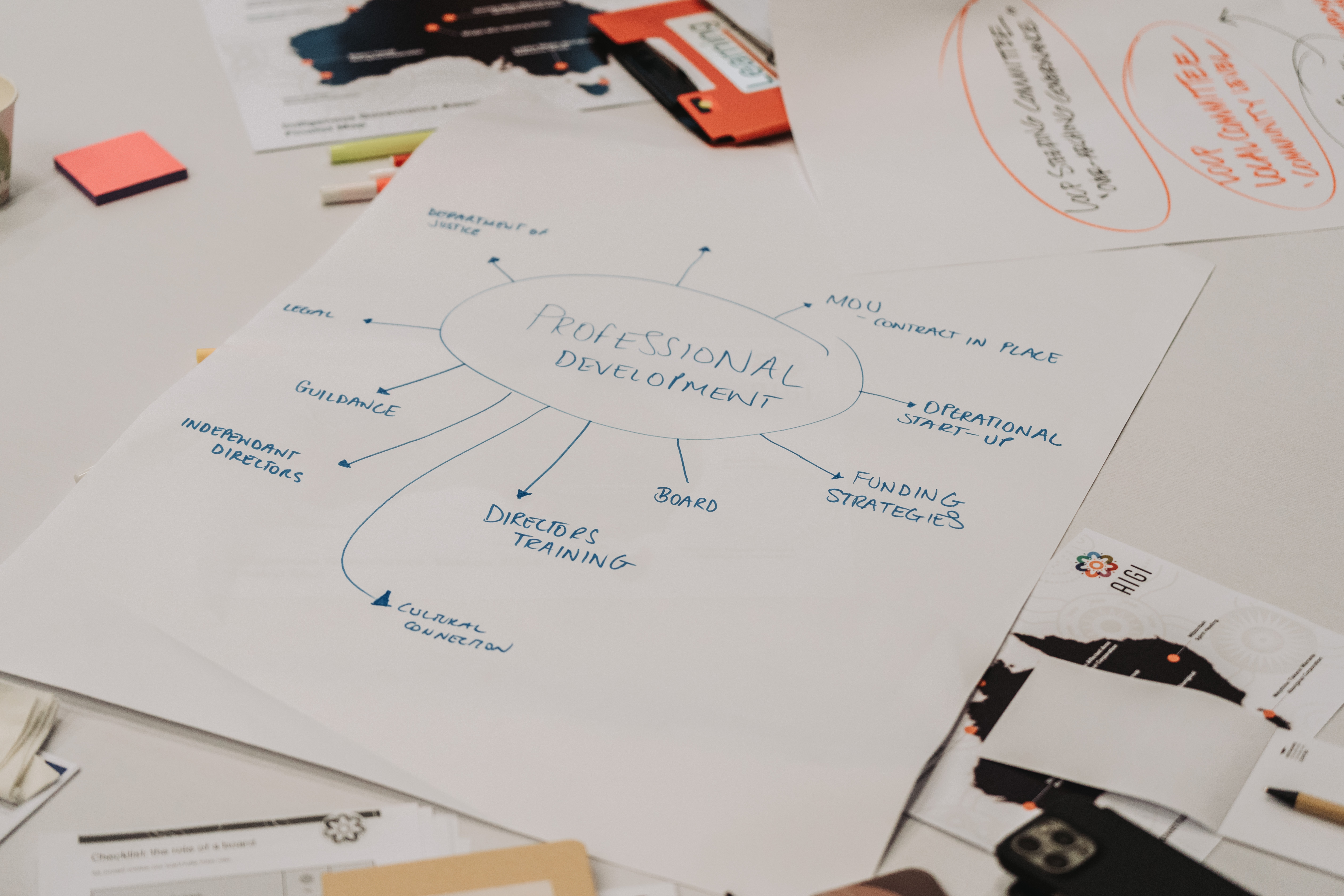
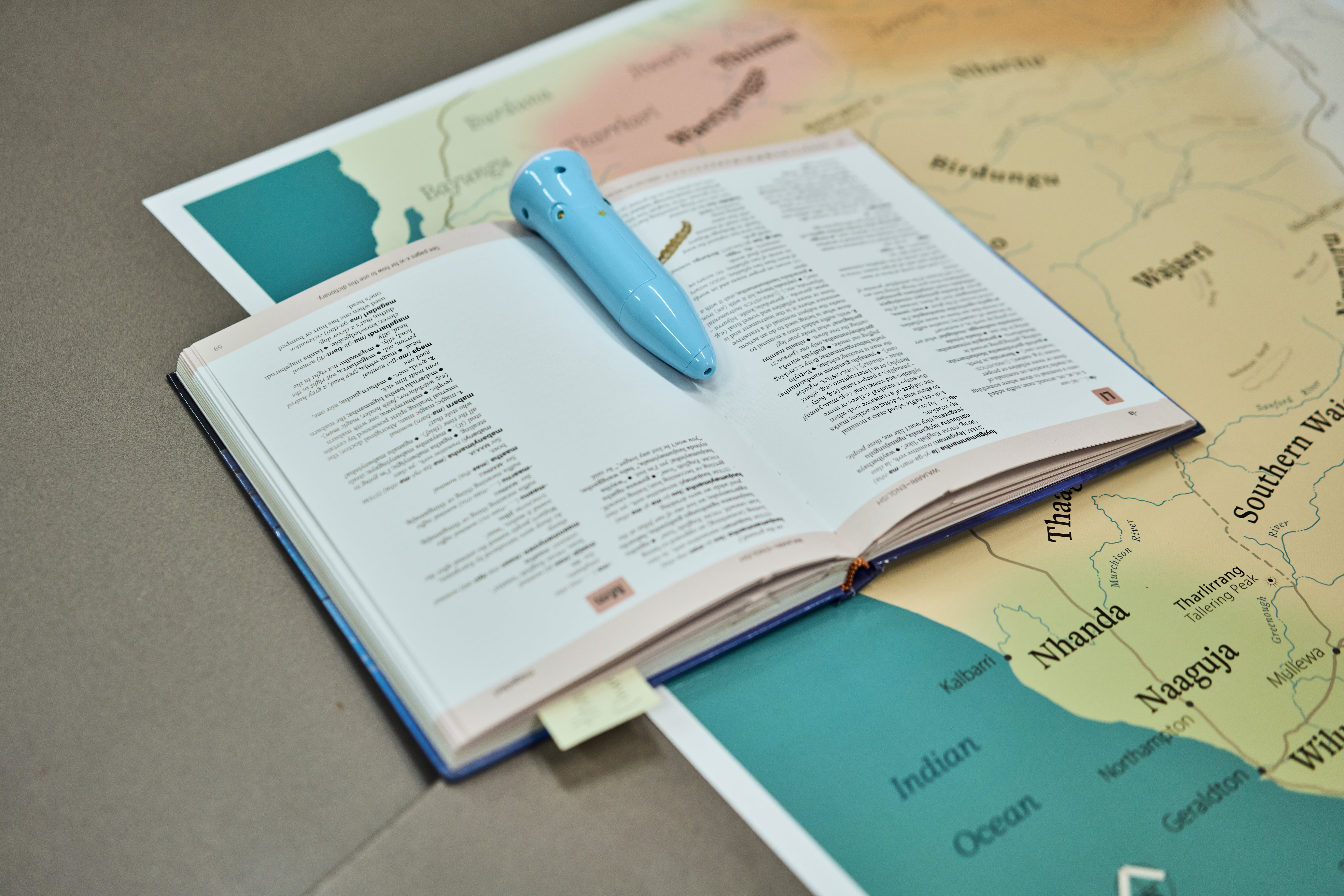

.png)

